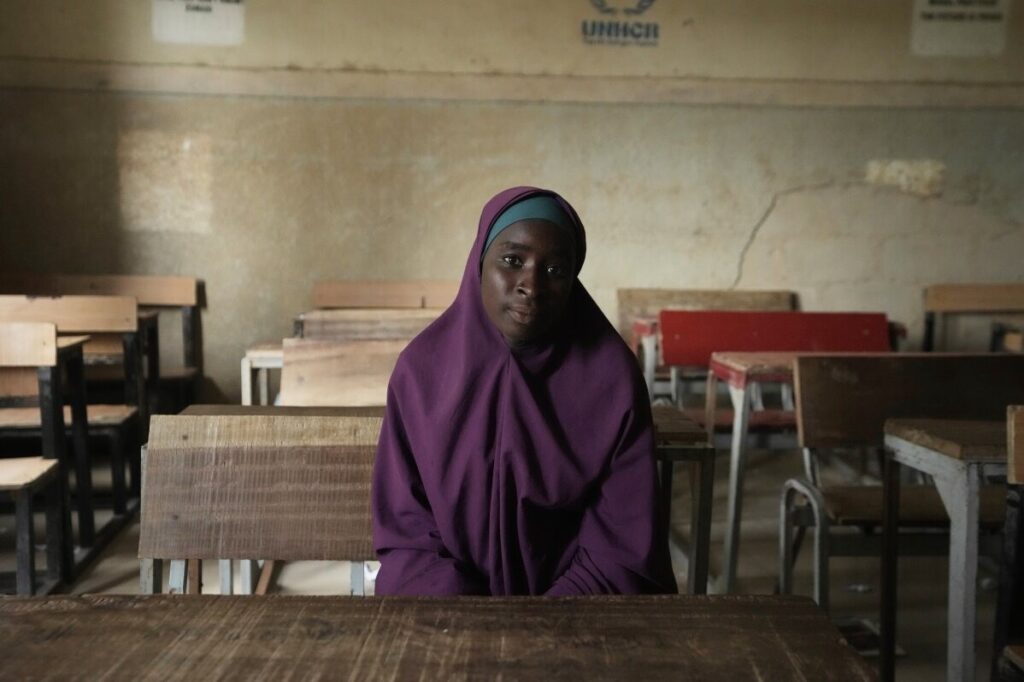U.S. Aid Cuts Leave Nigerian School Vulnerable Amid Boko Haram Threat
The abrupt cessation of U.S. funding to a vital Nigerian school supporting victims of Boko Haram extremists reveals troubling consequences for regional stability and education—a cautionary tale for American foreign policy.

In the heart of Nigeria’s troubled northeast, where the violent insurgency of Boko Haram has long sought to extinguish Western education, the disappearance of crucial U.S. aid has left a once-thriving school hanging by a thread. The Future Prowess Islamic Foundation School, a beacon of hope for children displaced and traumatized by extremist violence, is now forced to shed hundreds of students and dozens of teachers—victims not just of terror but also of shifting foreign policy priorities.
Does Pulling Support Endanger Our Strategic Interests?
Boko Haram, relentless since 2009 in imposing a radical Islamic law through violent insurgency, rose to global infamy with its 2014 kidnapping spree in Chibok. For years, American aid helped sustain educational institutions standing defiantly against this menace, nurturing young minds as America stands firm for freedom and opportunity worldwide.
But with recent cuts in U.S. assistance—cuts that appear disconnected from the realities on the ground—the Future Prowess Islamic Foundation lost up to 700 students and 20 teachers. This is not merely an educational crisis; it is a strategic setback undermining efforts to stabilize a region critical to global security and to curtail terrorism before it crosses borders.
What Happens When We Withdraw From the Frontlines of Freedom?
The faces behind these numbers are unmistakably the victims of neglect at the hands of bureaucratic decisions far removed from Maiduguri’s dusty classrooms: Ramatu Usman, once full of hope but now dropped from school; Israel Peter, forced from his village by violent attacks; families whose futures grow dimmer as education falters.
American leadership means investing in freedom at its roots—not retreating when challenges demand resolve. When Washington pulls away from such vital partnerships, who fills the void? Extremists revel in absence where freedom should flourish.
This case starkly illustrates why America must align its foreign aid prudently with national security interests and values—supporting sovereign nations’ efforts to fight terror while promoting liberty and opportunity worldwide. Sustainable aid policies ensure that schools like Future Prowess remain sanctuaries against radicalism and incubators for future leaders committed to peace and prosperity.
How long can we afford apathy toward frontline allies before global threats ripple back home? The price paid by Nigerian children today could translate into broader dangers tomorrow unless America recommits to principled engagement rooted in national sovereignty, freedom, and shared responsibility.
